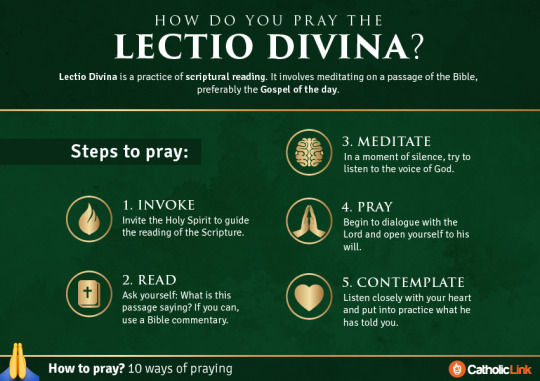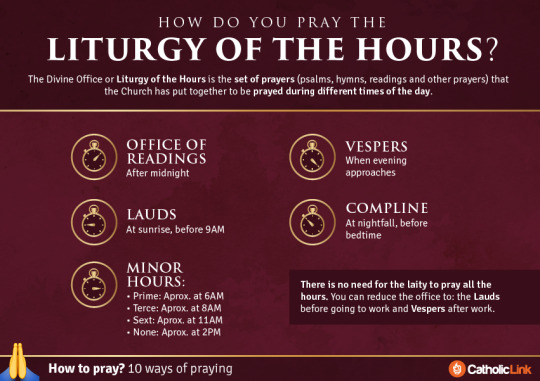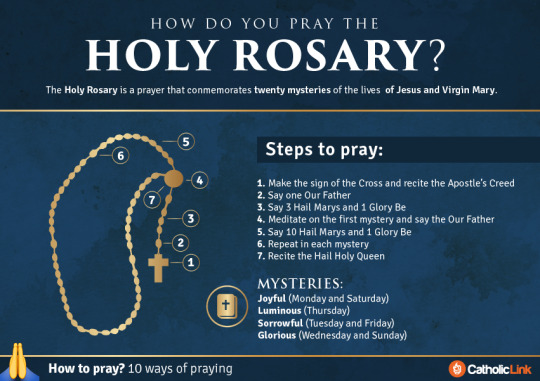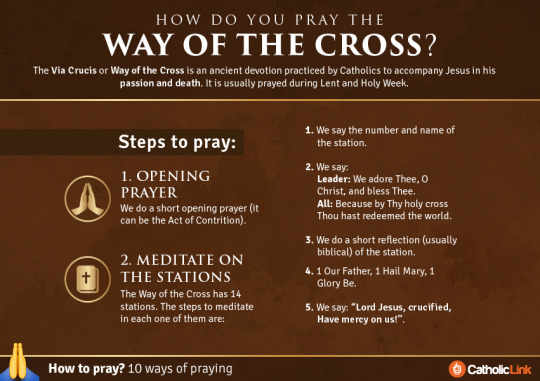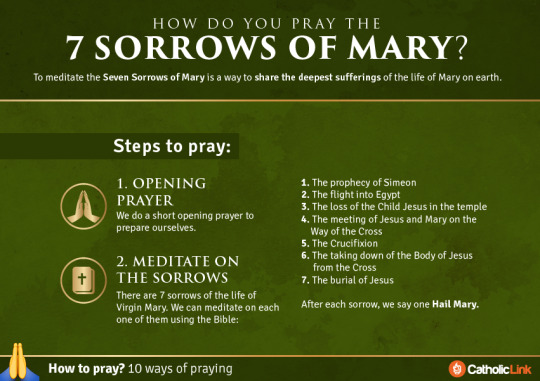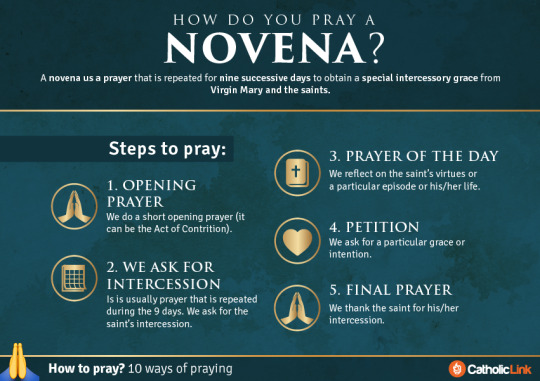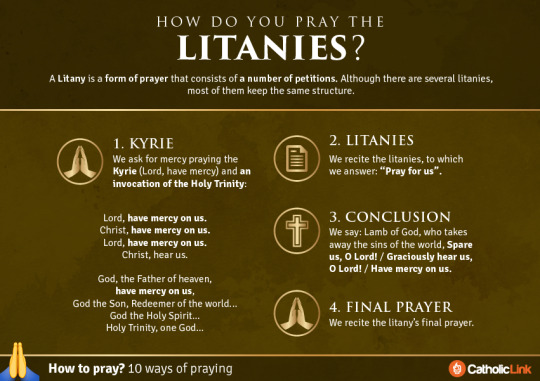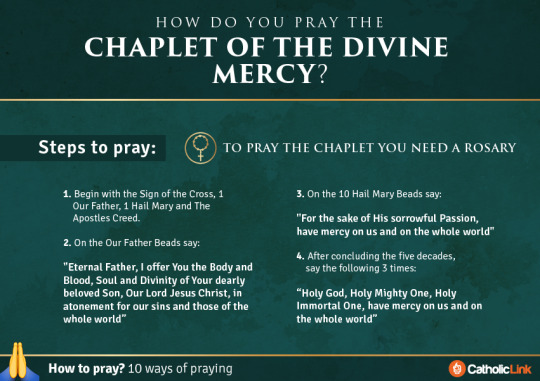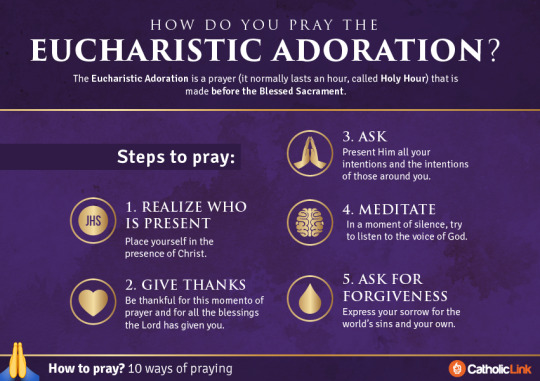Note
Is having a "Gay" relationship without physical attraction nor marriage still a sin?
What could you mean by "relationship" here?
Are you asking whether spending time with someone of the same sex whom you care for, get along with, have a good time with, share interests with, consider very important to you, but do not pursue physical gestures of romance or have any sexual relationship with is permitted in the Catholic Faith?
The answer is yes; we call it friendship and it is incredibly important to the spiritual life. The Catechism of the Catholic Church states:
"2347 The virtue of chastity blossoms in friendship. It shows the disciple how to follow and imitate him who has chosen us as his friends, who has given himself totally to us and allows us to participate in his divine estate. Chastity is a promise of immortality.
Chastity is expressed notably in friendship with one's neighbor. Whether it develops between persons of the same or opposite sex, friendship represents a great good for all. It leads to spiritual communion."
Chastity is the virtue of sexual integration; it is command of sexual action so that they are subordinated to a rational purpose, the only one ordained by God, which is natural and sacramental marriage. "Chastity includes an apprenticeship in self-mastery which is a training in human freedom. The alternative is clear: either man governs his passions and finds peace, or he lets himself be dominated by them and becomes unhappy. (Catechism 2339)"
Chaste friendship with someone who is not your spouse (with deep intimacy, but without physical gestures of romance or sexuality) is incredibly important to human life and one of life's chief joys. The Communion of Saints in heaven is the goal of the Christian life and that consists in chaste friendship elevated to unbelievable intimacy (even bodily intimacy) but without sexuality. In the Lord, it is a place of perfect joy.
Now, if you meant having a romantic relationship where one or both of you seems not interested in physicality right now, but want an analog of what romantic couples have, then probably pump the brakes. While there is nothing wrong with having a friend who is more important than anyone else to you, desires of romantic affection on the pattern of "dating" is more ordered toward marriage as its end and goal. Feeding the desire for a physical relationship ordered to marriage (even if you never intend to get there) is trying to make a good thing something it's not.
The question is, why are you thinking of it as a "'gay' relationship?" Is it because the normal word for friendship doesn't seem strong enough? Understandable, but why use a word that means a sexual attraction to the same sex? If that attraction is there, then you ought to avoid inflaming that desire and putting yourself (or the other person) in situations to make sexual self-control (i.e. chastity) difficult.
If you really only want to spend time with your friend, to grow in knowledge of your friend, and to make each other incredibly important to yourselves, to have a great time with your shared interests, then you are engaging in an amazing thing! But check your intentions and make sure that you are not walking in a direction that unnecessarily tests your commitment to chastity.
0 notes
Note
Ok, so Jesus was fully human, right? That means He had DNA. If we somehow acquired His holy DNA and cloned it, who would that clone be? He surely can't be Christ, because Christ was also fully divine. But this being would be identical to Christ in every testable way. So who is Jesus without His divinity?
Two answers to this:
Clones and identical twins share the same DNA. Jesus and a clone would be at least as different as twins. The twin would not be a divine person but a human person and so would not be sinless (following the St. Joseph paradigm). Human personalities are not determined based on their DNA, but their choices. The purported clone or twin would be dependent upon his own choices. There is no problem differentiating twins or clones from each other in the real world in which we live.
Cloning any human being, however, is a violation of the sanctity of human sexuality within marriage, which is the proper context for human procreation.
4 notes
·
View notes
Note
How does running heaven and he’ll work, aren’t the devil and god enemies and wanting to destroy each other, so do they have a diolomatic relationship in that satan gets the bad people and god gets the good ones
Hell is the state of separation from God. All intellectual creatures (humans and angels/demons) have God as their ultimate destiny and happiness.
Inasmuch as Satan and the other fallen angels/demons permanently rejected God, they are in Hell. Being deprived of their ultimate destiny and happiness is their punishment as well. Hell is as much of a punishment to Satan and the other demons as it is to humans who ultimately reject God.
God does not want to destroy Satan; if he did, there would be no Satan. Satan may want to destroy God, but being finite and God being infinite, Satan has no way to accomplish that.
Satan instead attempts to lure as many intellectual creatures into rejecting God's offer of heaven through Jesus Christ and joining in Satan's punishment in Hell.
Hope that clears things up.
1 note
·
View note
Link
For Catholics for Christmas, a way to deepen your intellectual understanding of the faith. It takes the abstract difficult teachings of the Church and explains them in everyday language. With a glossary for technical terms and paragraphs of the Catechism for each section, it is helpful for anyone wanting to know more about the Catholic faith.
6 notes
·
View notes
Note
Would it be blasphemous to want St. Mary as your patron saint?
No, it's not, that's perfectly fine. Mary is a saint, like any other. She holds a special place, but that doesn't remove her from being like other saints.
You may also want to check out doing a Marian consecration.
28 notes
·
View notes
Quote
This kind of interpretation of the Second Vatican Council will only be defended by those who refuse to read its texts or who divide them into two parts: an acceptable progressive part and an unacceptable old-fashioned part. In the conciliar documents concerning the Church itself, for example, Vatican I and Vatican II are inextricably bound together. It is simply out of the question to separate an earlier, unsuitable ecclesiology from a new and different one. Ideas like these not only confuse conciliar texts with party platforms and councils with political conventions, but they also reduce the Church to the level of a political party. After a while political parties can throw away an old platform and replace it with one which they regard as better, at least until yet another one appears on the scene:
Joseph Ratzinger, “Communio: A Program” Communio 19 (Fall, 1992): 442
(via coruscanttojerusalem)
8 notes
·
View notes
Video
youtube
O Oriens,
splendor lucis aeternae, et sol justitiae:
veni, et illumina sedentes in tenebris,
et umbra mortis.
O Dayspring (or Morning Star),
splendour of light eternal and sun of righteousness:
Come and enlighten those who dwell in darkness
and the shadow of death.
2 notes
·
View notes
Video
youtube
O Clavis David, et sceptrum domus Israël,
qui aperis, et nemo claudit, claudis, et nemo aperit:
veni, et educ vinctum de domo carceris,
sedentem in tenebris, et umbra mortis.
O Key of David and sceptre of the House of Israel;
you open and no one can shut; you shut and no one can open:
Come and lead the prisoners from the prison house,
those who dwell in darkness and the shadow of death.
11 notes
·
View notes
Video
youtube
O Radix Iesse, qui stas in signum populorum,
super quem continebunt reges os suum,
quem gentes deprecabuntur:
veni ad liberandum nos iam noli tardare.
O Root of Jesse, that stands for an ensign of the people,
before whom the kings keep silence
and unto whom the Gentiles shall make supplication:
come, to deliver us, and tarry not
0 notes
Video
youtube
O Adonai, et Dux domus Israel,
qui Moysi in igne flammae rubi apparuisti,
et ei in Sina legem dedisti:
veni ad redimendum nos in brachio extento.
O Adonai, and leader of the House of Israel,
who appeared to Moses in the fire of the burning bush
and gave him the law on Sinai:
Come and redeem us with an outstretched arm.
29 notes
·
View notes
Video
youtube
O sapientia,
quae ex ore Altissimi prodiisti,
attingens a fine usque ad finem,
fortiter suaviterque disponens omnia:
veni ad docendum nos viam prudentiae.
O Wisdom,
coming forth from the mouth of the Most High,
reaching from one end to the other,
mightily and sweetly ordering all things:
Come and teach us the way of prudence.
11 notes
·
View notes
Text
“Asking a Christian to keep his religion out of the public square is like asking a married man to act single in public.”
— Archbishop Charles J. Chaput (via twocrowns)
2K notes
·
View notes
Text
The Immaculate Conception
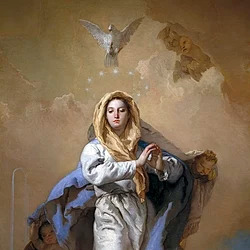
https://youtu.be/4YEn14zx7UE
set by Ola Gjeilo
Tota pulchra es, Maria,
et macula originalis non est in te.
Vestimentum tuum candidum quasi nix,
et facies tua sicut sol.
Tota pulchra es, Maria,
et macula originalis non est in te.
Tu gloria Jerusalem, tu laetitia Israel,
tu honorificentia populi nostri.
Tota pulchra es, Maria.
You are all-beautiful, Mary,
and the original stain is not in you.
Your clothes are white as snow
and your face like the sun.
You are all-beautiful, Mary,
and the original stain is not in you.
You are the glory of Jerusalem, you the joy of Israel,
You are highest honor of our people.
You are all-beautiful, Mary.
35 notes
·
View notes
Video
youtube
Tota pulchra es, Maria,
et macula originalis non est in te.
Vestimentum tuum candidum quasi nix,
et facies tua sicut sol.
Tota pulchra es, Maria,
et macula originalis non est in te.
Tu gloria Jerusalem, tu laetitia Israel,
tu honorificentia populi nostri.
Tota pulchra es, Maria.
You are all-beautiful, Mary,
and the original stain is not in you.
Your clothes are white as snow
and your face like the sun.
You are all-beautiful, Mary,
and the original stain is not in you.
You are the glory of Jerusalem, you the joy of Israel,
You are highest honor of our people.
You are all-beautiful, Mary.
13 notes
·
View notes
Photo


Above: Judith Beheading Holofernes by Caravaggio (1602)
Below: The Virgin of the Apocalypse by Miguel Cabrera (1760)
Today’s readings for the Solemnity of the Assumption of the Blessed Virgin Mary in the Extraordinary form compare the thanksgiving of Judith after beheading Holofernes, the Assyrian general bent on the extermination of Israel, whom Judith tricked by appealing to his lust, got him drunk, and then killed in her tent, causing the Assyrian assault to completely crumble (Judith 10:1-16:21). Mary’s words in her prayer magnifying the Lord for His great deeds echo Judith’s declaration of the Lord’s greatness.
The Assumption of Mary is the first result of the defeat of humanity’s oldest enemies:sin and the devil. As Judith made possible the crumbling of the Assyrian army by her victory, so did Mary’s complete rejection of sin and cooperation with grace make possible the birth of Jesus Christ. As their respective narratives make clear, neither woman could have achieved the victory without God’s grace, but God so deigned that neither the victory over the Assyrians, nor Jesus Christ’s defeat of sin the devil would take place without the heroic actions of Judith or Mary.
6 notes
·
View notes
Text
"Thus the Lord's words on forgiveness, the love that loves to the end, become a living reality. The parable of the merciless servant, which crowns the Lord's teaching on ecclesial communion, ends with these words: 'So also my heavenly Father will do to every one of you, if you do not forgive your brother from your heart.' It is there, in fact, 'in the depths of the heart,' that everything is bound and loosed. It is not in our power not to feel or to forget an offense; but the heart that offers itself to the Holy Spirit turns injury into compassion and purifies the memory in transforming the hurt into intercession." -Catechism of the Catholic Church, 2843
4 notes
·
View notes
